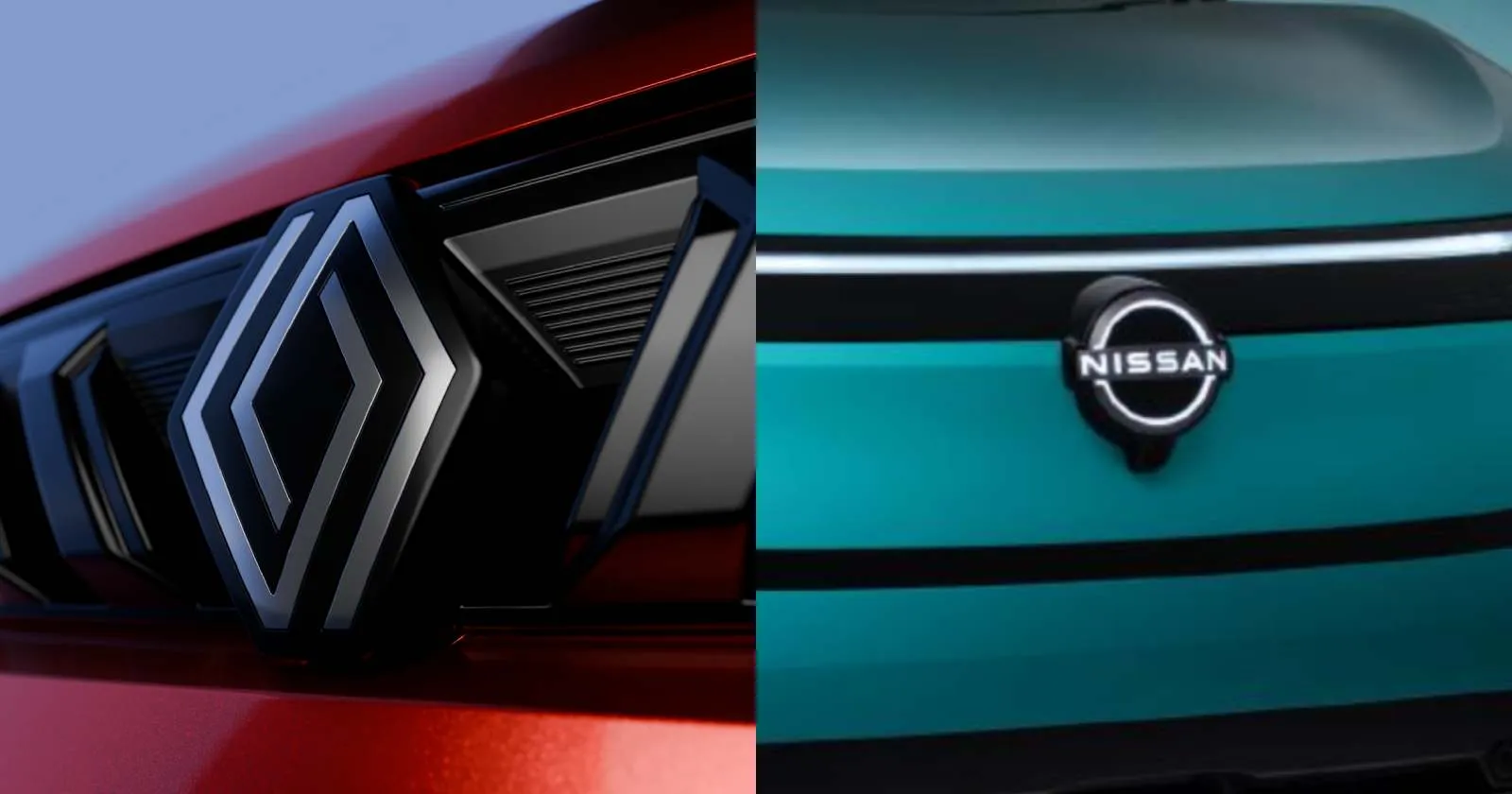
French Automaker to Gain Full Control of Chennai Plant as Alliance Partners Part Ways

Share Post

French Automaker to Gain Full Control of Chennai Plant as Alliance Partners Part Ways
The Competition Commission of India has approved Renault Group's acquisition of Nissan's stake in their Indian manufacturing joint venture, marking a decisive shift in the automotive landscape as the French automaker prepares to take complete control of the Chennai-based facility.
The approval paves the way for Renault to acquire Nissan's remaining 51 percent stake in Renault Nissan Automotive India Private Limited (RNAIPL), giving the French company 100 percent ownership of its manufacturing operations. The transaction fundamentally alters the structure of what was once considered a flagship Alliance partnership in India.
RNAIPL emerged as a symbol of global automotive cooperation when its foundation stone was laid on August 26, 2008, in the Oragadam automotive cluster near Chennai. Originally established in 2010 as a joint venture with Renault holding 30 percent and Nissan controlling 70 percent, the partnership represented the first dedicated Alliance manufacturing plant globally for the Renault-Nissan partnership.
The Chennai facility, spread across 600 acres with an annual capacity of 480,000 vehicles, became the production hub for both brands in India. Over its 15-year journey, RNAIPL manufactured over 2.5 million vehicles, with more than 1.15 million cars exported to 108 countries worldwide.
The joint venture was part of a broader $1.8 billion investment commitment by both companies toward the Indian economy, creating direct and indirect employment opportunities for over 70,000 workers. The plant achieved several milestones, including manufacturing its first 100,000 vehicles within a year of operations and producing one car every three minutes on average.
Also read: Exclusive: Renault Sees Potential for India to Be Its Biggest Market by 2030
The ownership structure witnessed its first major change in 2023 when Nissan reduced its stake to 51 percent as part of a $600 million joint investment plan aimed at launching six new models, including two electric vehicles. However, both companies have struggled to capitalise on India's growing automotive market, with Renault selling only approximately 38,000 vehicles in the financial year ending March 2024, representing less than 1 percent of India's passenger vehicle market.
Nissan's exit from the joint venture reflects broader strategic shifts within the global Renault-Nissan Alliance, which has been reducing cross-shareholding arrangements from 15 percent to 10 percent as part of operational restructuring. The move allows Nissan to convert fixed manufacturing costs into variable costs by transitioning to a contract manufacturing model.
"We need to take measures that can help improve both efficiency and fixed-cost management at the same time," explained Frank Torres, Nissan India Operations President, highlighting the company's focus on operational flexibility.
Despite the ownership transfer, operational continuity remains assured for both brands. Nissan will continue utilising the manufacturing infrastructure under a contract manufacturing agreement, with Renault producing existing and new Nissan models for both domestic and export markets. The arrangement will continue until the end of life for current vehicles, while Nissan evaluates manufacturing options for its post-2026 product pipeline.
The Chennai plant currently hosts the CMF-A and CMF-A+ platforms, with plans to introduce the new CMF-B platform next year, spawning four new models. Renault currently offers three models in India: Kwid, Triber, and Kiger - while Nissan's portfolio consists of the Magnite and X-Trail.
The acquisition positions Renault for greater strategic autonomy in India's competitive automotive landscape. The company is reportedly in preliminary discussions with JSW Group for potential partnership opportunities, reflecting its continued preference for joint venture models in the Indian market.
For Nissan, the restructuring provides operational flexibility while maintaining market presence through contract manufacturing. The company produced nearly 99,000 vehicles in India during FY25 - its best output in seven years - though only 28,000 units were sold domestically, with the remainder exported.
The transition comes at a crucial time for both automakers as they navigate India's evolving automotive market, which is increasingly focusing on electric mobility and sustainable manufacturing. RNAIPL has committed to becoming carbon-neutral by 2045 and currently sources 60 percent of its energy requirements from renewable sources.
TATA.ev, Shell Launch 21 Mega EV Charging Hubs Across Key Cities
Acko Drive Team 24 Feb, 2026, 1:30 PM IST
Balkrishna Industries Enters Consumer Tyre Market with On-Highway Portfolio Launch
Acko Drive Team 24 Feb, 2026, 12:29 PM IST
Jeep Wrangler Willys 41 Special Edition Returns, Launched At ₹70.31 Lakh
Acko Drive Team 24 Feb, 2026, 11:21 AM IST
Lamborghini Shelves First EV Over Lack of Emotional Appeal
Acko Drive Team 24 Feb, 2026, 10:03 AM IST
Bain Capital-Backed Dhoot Transmission Partners with FourFront to Expand Automotive Electronics Platform
Acko Drive Team 24 Feb, 2026, 8:52 AM IST
Looking for a new car?
We promise the best car deals and earliest delivery!
